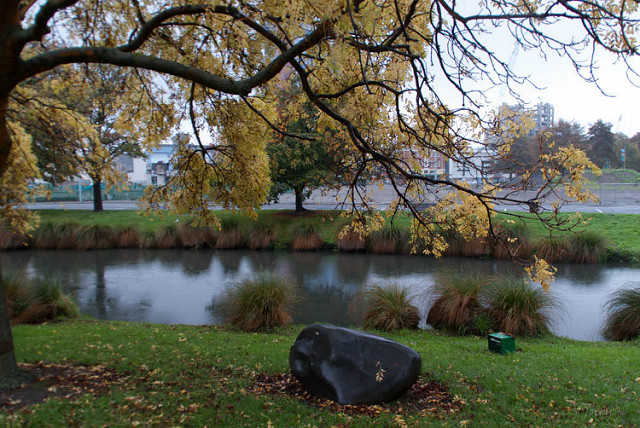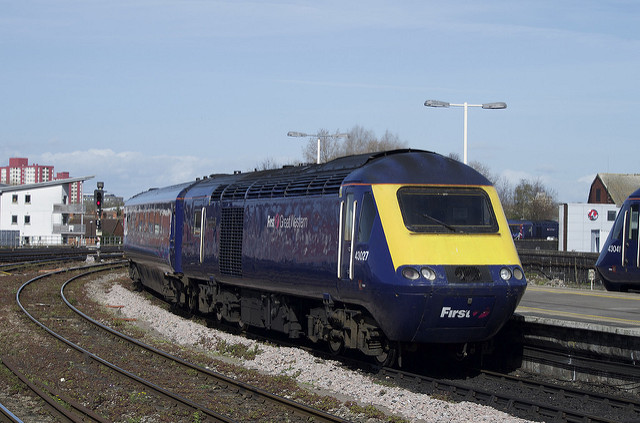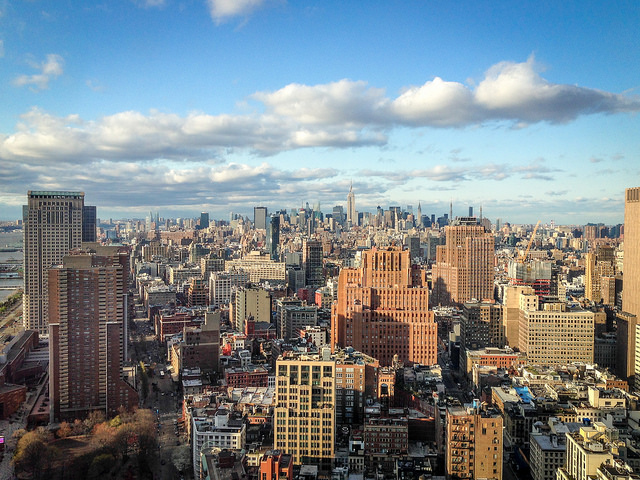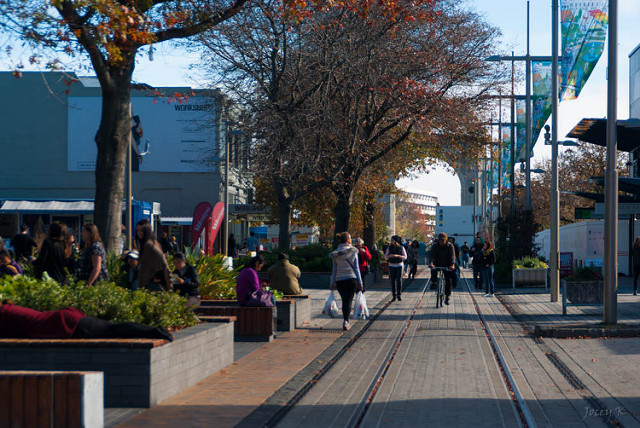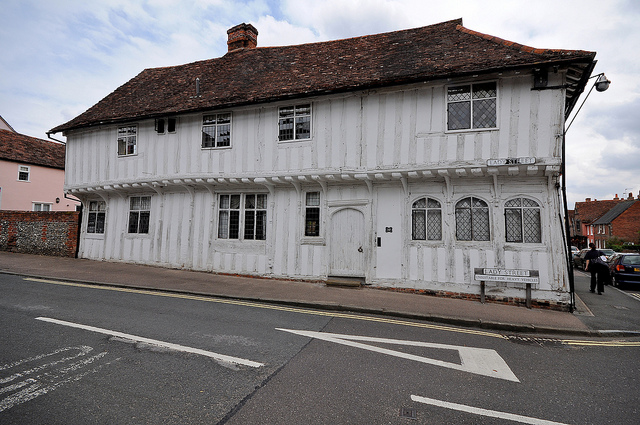New research shows the benefit of immigration to New Zealand, Minister of Immigration, David Cunliffe said this week. Findings of the report showed an increased focus on attracting skilled migrants and a well-balanced spread of countries of origin and regional settlement within New Zealand.
"This provides evidence that the current immigration programme is delivering benefits to the New Zealand economy," Mr Cunliffe said.
